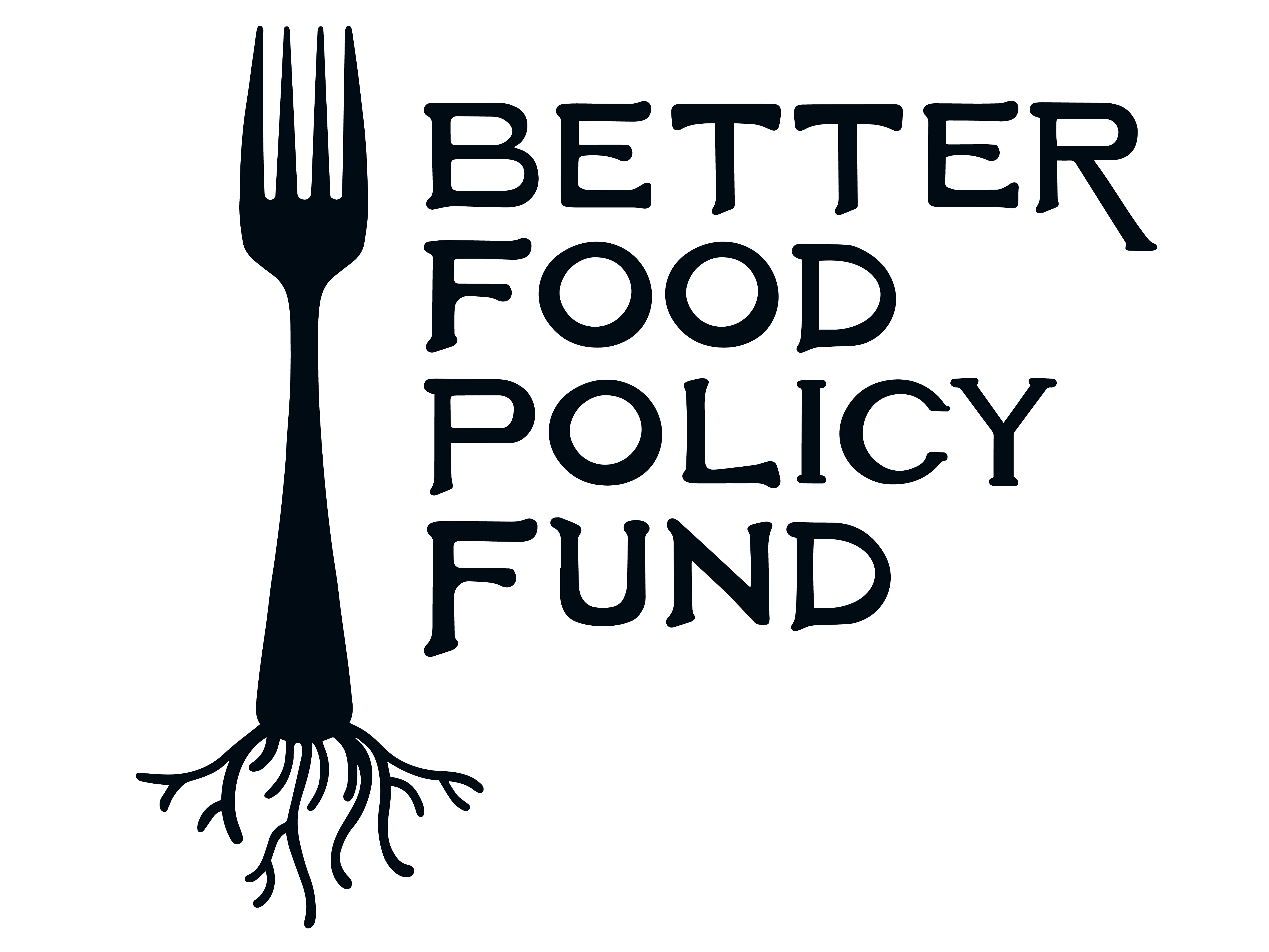Food policy councils (FPCs) serve as conduits for policy change and collaboration, working to enhance the sustainability, equity, and resilience of the entire food system by addressing challenges and fostering opportunities within agriculture, food hubs, and food purchasing practices.
FPCs recognize the interconnectedness of agriculture, distribution, and purchasing within the food system. They advocate for policies that take a holistic approach, considering the entire food supply chain, from production to consumption, and addressing systemic issues along the way. FPCs often advocate for policies that ensure equitable access to nutritious food, supporting not only local producers but also communities that might face food access challenges.
Examples of where FPCs intersect with agriculture, food hubs, and food purchasing within the broader food system:
- Policy Influence: FPCs advocate for policies that support sustainable agricultural practices, promote local farming, and address challenges faced by farmers, such as land access, market opportunities, and environmental sustainability.
- Connecting Stakeholders: They facilitate connections between agricultural producers, policymakers, and consumers to address concerns and promote collaborations that enhance the viability and resilience of local agricultural systems.
- Supporting Distribution Networks: FPCs work to strengthen food distribution networks by advocating for policies that support the development and operation of local food hubs. They focus on enhancing access to markets for small-scale producers and improving connections between producers and consumers.
- Policy for Infrastructure: FPCs might advocate for policies that enable the creation and growth of food hubs, ensuring they operate efficiently and benefit the local economy.
- Promoting Local Procurement: FPCs advocate for policies that encourage institutions (schools, hospitals, etc.) and government agencies to prioritize local food purchasing. They might propose procurement policies that support local producers and promote healthier, sustainable food options.
- Creating Market Opportunities: By advocating for policies that support fair pricing and accessibility to diverse food sources, FPCs aim to create market opportunities for local producers, fostering a more vibrant and resilient local food economy.


Leave a Reply
Say something nice
You must be logged in to post a comment.